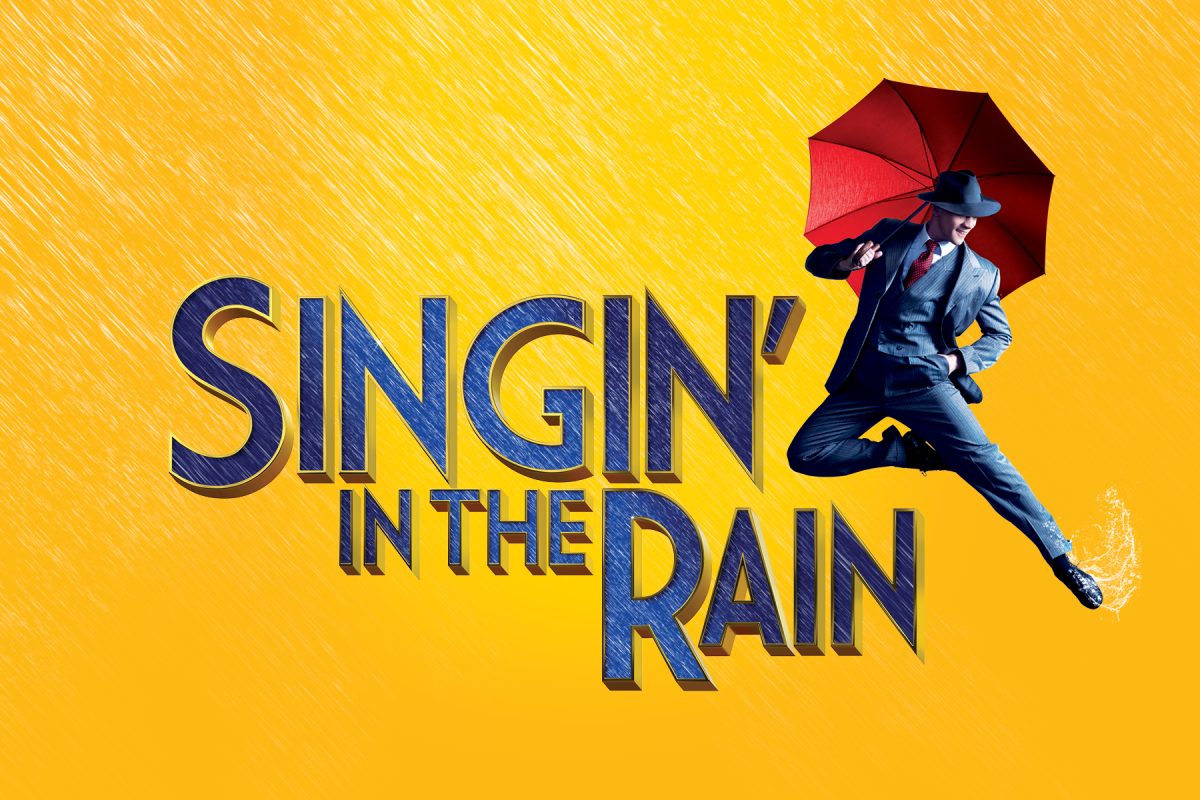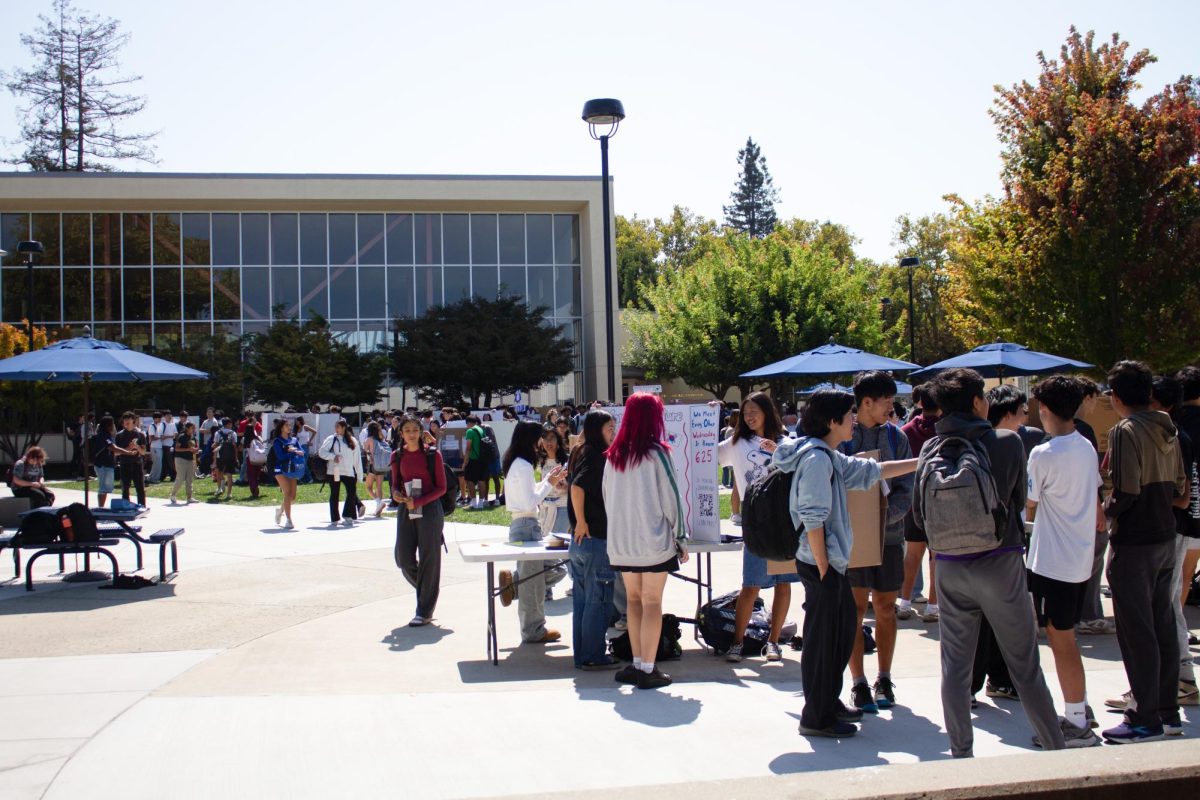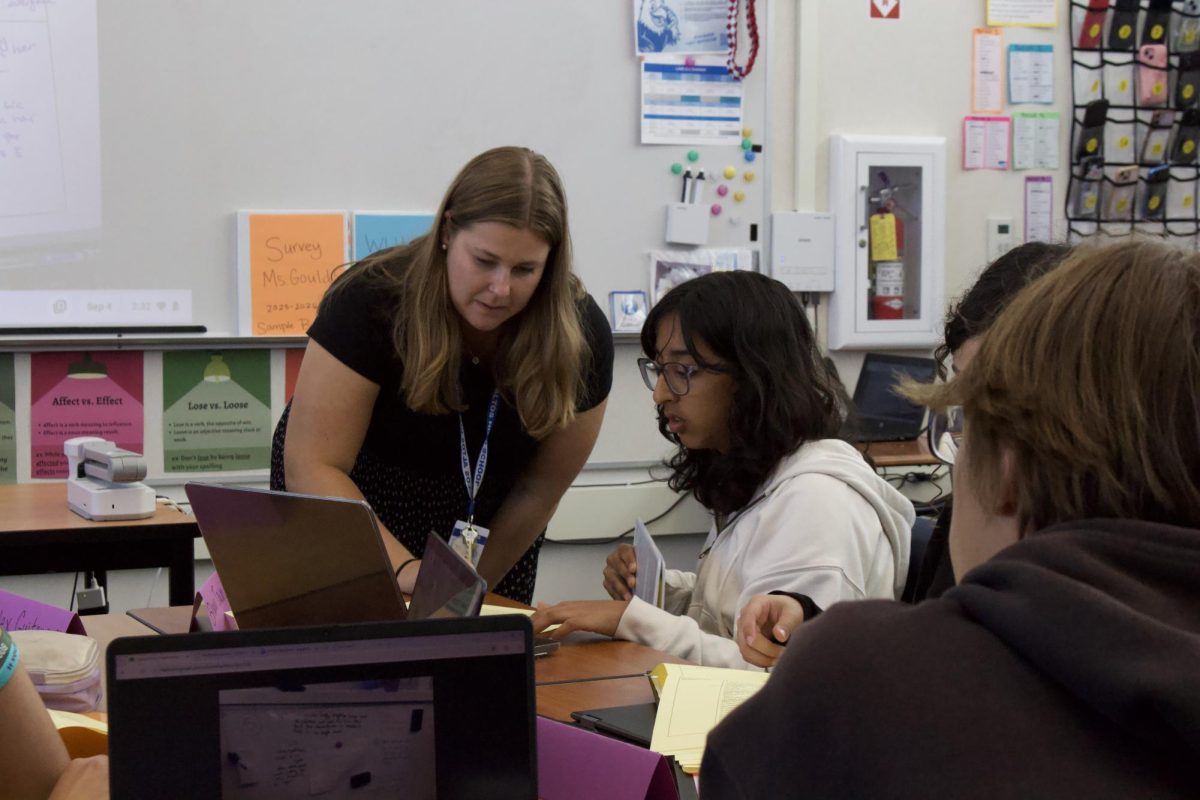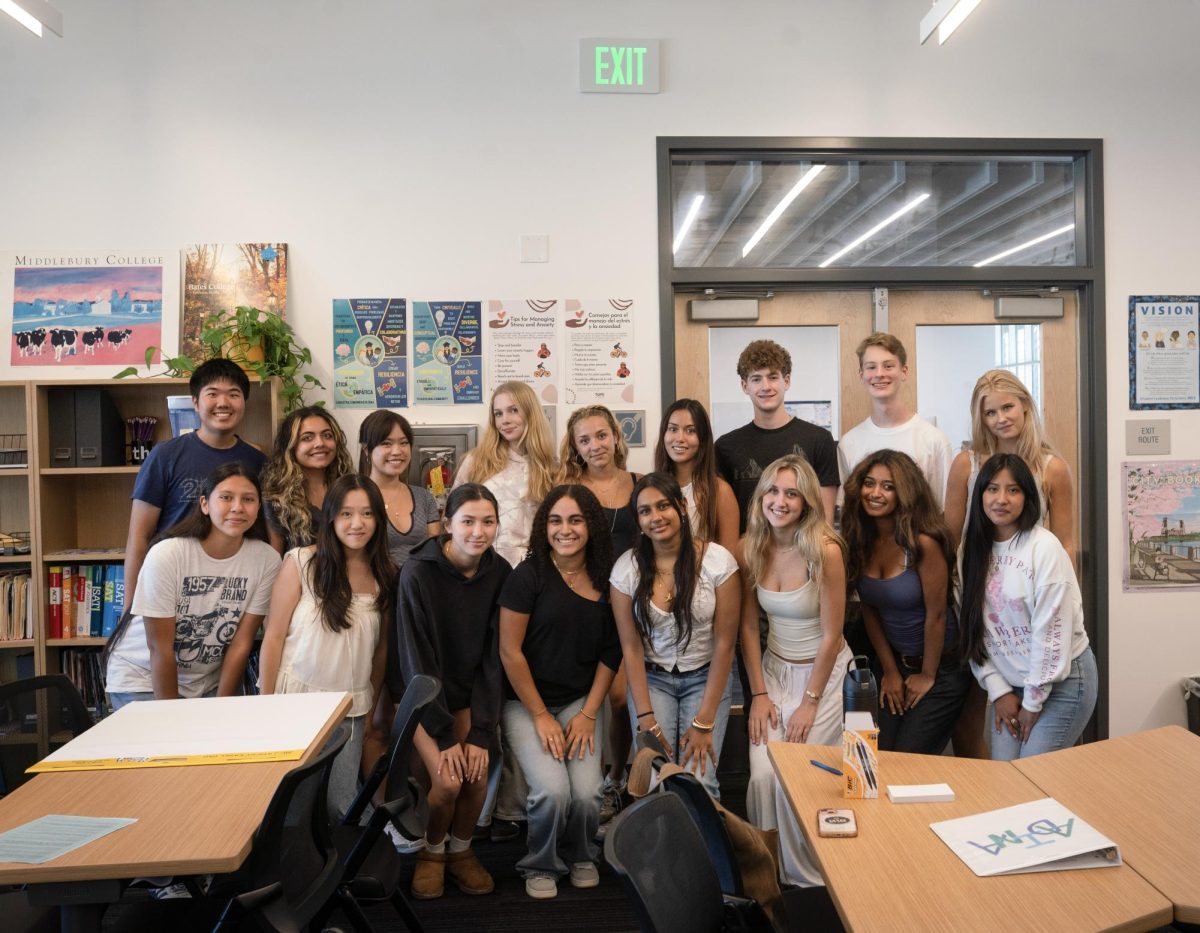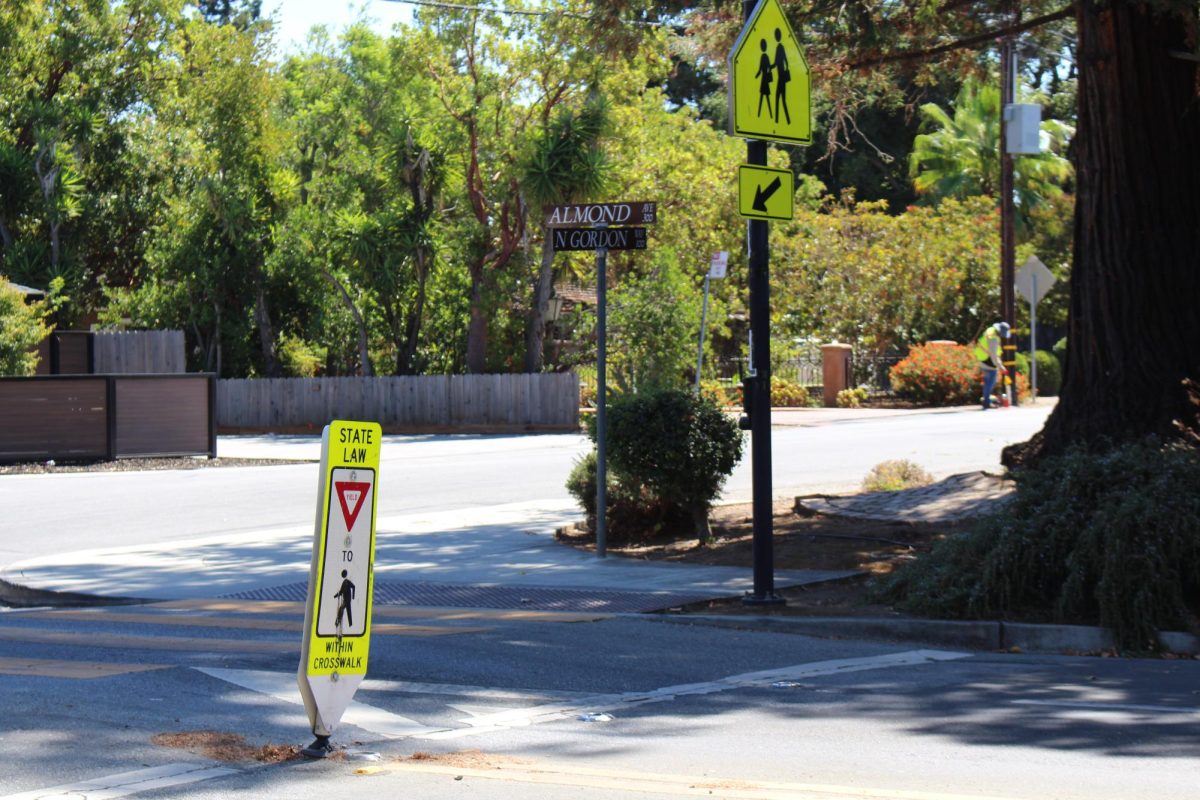On Saturday January 31, the Latino Student Union (LSU) will be hosting a drive at the school’s student drop-off area from 8 to 1 pm. The club will be collecting new or gently used clothing, shoes, toys, and other items to be donated to impoverished Nicaraguans. The annual project is spearheaded by counselor and LSU advisor Ariel Rojas, who has been involved with helping the poor in his home country for fifteen years.
“This is my passion project,” Rojas said. “I’ve been doing this for years already, it’s been since the year 2000 that I started doing this project.”
He finds excitement in sharing his gift of giving back with students in a setting like Los Altos High School’s LSU. Rojas believes that it is important to share his enthusiasm with students, and get them involved in being something big.
“I like to include kids in it, because it is really important for our students to understand the value of community service and understand the value of seeing how other kids live in other parts of the world,” Rojas said. “I talk to them about the history, and how I do it, and I show them pictures and videos of what I do.”
To prepare for the drive, Rojas orders barrels for $14 each from a company in Watsonville, California, washes them out himself and after filling the barrels with donations, stores them in his own home and backyard. Then, Rojas takes all the donations in a truck to San Francisco, where theywill be shipped to Nicaragua and will arrive after approximately six weeks. During spring break, he plans to go to Nicaragua himself, just as he has a few times before ever since 2000, to host the official distribution days on April 7th and 8th.
“Once we ship [the collected items] to Nicaragua, I travel to Nicaragua and I pick them up from customs, and then I have a group of people that helps me sort through all of the stuff,” Rojas said. “Then we give out tickets, and we go to neighborhoods that are very impoverished, it is not really hard to find them because there are a lot of poor people in Nicaragua.”
After Rojas and his partners travel to Nicaragua to find specific villages and hand out tickets to families and children that they can use as money when they arrive at a small store where Rojas’ team has laid out every donated product. The clothing and shoes, organized by size, are then tried on by the Nicaraguan people, who come inside in groups of 25. Rojas and the other volunteers then aid the visitors in finding the correct size and helping them choose the products they would like to leave with. Each member of the family can take three or four pieces of clothing and shoes back home.
“It’s a cool thing,” Rojas said. “It’s like a little shop for free. Most of the stuff that we get is lightly used, and some people give us new stuff too, so people are really, really gracious about what they get, because they don’t have anything. We’re talking about people that live in shanty-houses, houses built with cardboard and plastic. These are very, very poor people. Often a lot of the kids that come in don’t even have any shoes, and the shoes that they have are broken…So we are able to provide a lot of stuff for them.”
When all of the donated items are obtained by the families, Rojas finishes the drive by putting the empty barrels to good use.
“Once we give away the clothes and whatever is in the barrels, then we find families and we give them the barrels, because they can store water in them,” Rojas said. “It’s kind of like a full service.”
Rojas has taken lead of the project during every step to ensure that those in need receive exactly the items that were donated.
“I’m the one who starts this project and I finish it,” Rojas said. “We start from the moment I get the barrels…and when we are giving the stuff to people, I am there, I am the one orchestrating everything, seeing who is getting what. It is an amazing thing, because you know that if you gave me something today, I am going to give it to somebody else, and there is no middle person. It is getting to the place where it needs to go. ”



